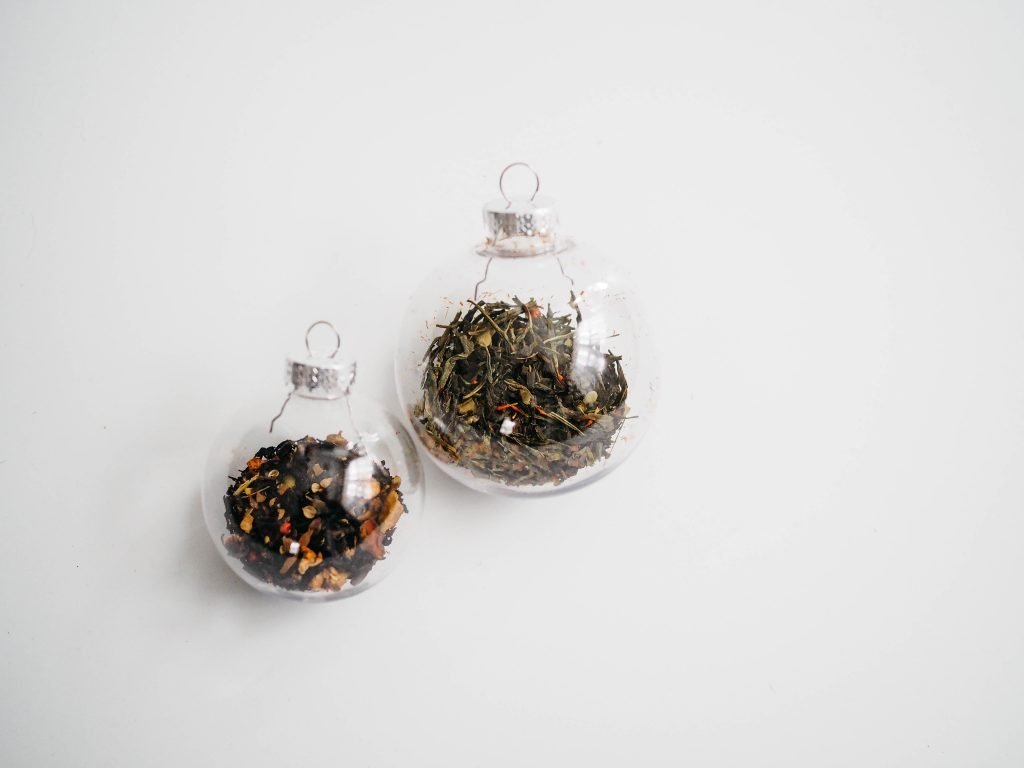Bronchitis, a prevalent respiratory ailment, is characterized by inflammation of the bronchial tubes – the conduits facilitating air movement to and from the lungs.
This condition can manifest in acute or chronic forms, with symptoms commonly encompassing coughing, wheezing, chest discomfort, and breathing challenges.
While medical intervention remains pivotal for managing bronchitis, the integration of specific teas into your daily regimen can supply supplementary support and relief.
Within this composition, we will delve into the advantages of tea in the context of bronchitis, explore diverse tea variants suitable for this condition, and elucidate how tea can effectively mitigate its symptomatic manifestations.
Comprehending Bronchitis
Before delving into tea’s merits, it is imperative to grasp the nature of bronchitis and its various manifestations.
Acute bronchitis primarily stems from viral infections, such as the common cold or flu, typically resolving within a few weeks.
On the contrary, chronic bronchitis entails a prolonged course, often linked to smoking or prolonged exposure to irritants.
Both forms involve bronchial tube inflammation, resulting in excessive mucus production and airway constriction, leading to distinctive cough and breathing impediments.
The Role of Tea in Easing Bronchitis
Tea, especially herbal variants, has been consumed for centuries as a natural remedy for diverse maladies, including respiratory ailments.
The comforting warmth of tea can facilitate airway relaxation and alleviate congestion, rendering it a valuable adjunct in bronchitis management.
Various bioactive constituents present in tea contribute to its therapeutic efficacy.
Antioxidants: Tea, notably green tea, houses potent antioxidants like catechins and polyphenols, which counteract oxidative stress provoked by inflammation, thus aiding in bronchitis symptom alleviation.
Anti-inflammatory Properties: Certain teas, such as ginger and chamomile, boast anti-inflammatory attributes that mitigate bronchial tube inflammation, ameliorating coughing and breathlessness.
Immune System Augmentation: Specific teas, like echinacea and elderberry variants, harbor compounds that enhance the immune system. This fortification of the immune response aids in combatting viral infections that could trigger acute bronchitis.
Expectorant Mechanism: Certain herbal teas, including licorice root and thyme, exhibit expectorant characteristics, facilitating mucus and phlegm loosening, thereby expediting their expulsion from the respiratory tract and relieving chest congestion.
Varieties of Beneficial Teas for Bronchitis
Green Tea: Enriched with antioxidants and anti-inflammatory properties, green tea’s regular consumption may diminish inflammation and bolster the immune system, making it a commendable choice for bronchitis relief.
Ginger Tea: Renowned for its anti-inflammatory and antibacterial qualities, ginger tea can assuage irritated airways, alleviate coughing, and diminish bronchial inflammation.
Chamomile Tea: Infused with anti-inflammatory and muscle-relaxing attributes, chamomile tea can pacify irked bronchial tubes, decrease coughing, and foster relaxation – attributes advantageous to bronchitis sufferers.
Peppermint Tea: With its menthol content, peppermint tea imparts a cooling sensation to airways, facilitating respiration. It also serves as an expectorant, aiding mucus clearance. Echinacea Tea: Echinacea’s immune-boosting traits are well-regarded. Consumption of echinacea tea can reinforce the immune system, curtailing vulnerability to viral infections that provoke acute bronchitis.
Licorice Root Tea: Exhibiting expectorant and anti-inflammatory features, licorice root tea can curtail mucus production and soothe bronchial inflammation. Thyme Tea: Traditional usage of thyme tea for alleviating respiratory ailments is well-documented. It functions as an expectorant, expediting mucus expulsion, while its antibacterial attributes aid in combatting infections.
Tea’s Mechanisms in Alleviating Bronchitis Soothing Impact
The warmth and steam emanating from a cup of tea can appease irritated airways, abating coughing and fostering relaxation.
- Hydration: Adequate hydration is pivotal in thinning mucus, easing its expulsion. Consistent consumption of herbal teas maintains optimal hydration levels.
- Immune Reinforcement: Teas abundant in antioxidants and immune-boosting compounds fortify the body against viral infections that potentially induce acute bronchitis.
- Expectorant Effect: Herbal teas with expectorant characteristics facilitate mucus loosening and clearance, relieving chest congestion.
Tea’s therapeutic virtues have been treasured throughout history, and concerning bronchitis, it emerges as a pivotal agent for relief and restorative support.
Green tea, ginger tea, chamomile tea, peppermint tea, echinacea tea, licorice root tea, and thyme tea are among the variants that confer benefits upon bronchitis sufferers.
The antioxidants, anti-inflammatory agents, immune support, and expectorant traits inherent in these teas position them as commendable natural adjuncts to medical interventions addressing bronchitis.
It remains indispensable to consult a healthcare professional for accurate diagnosis and treatment recommendations, particularly in cases of chronic bronchitis or severe presentations.
So, recline, savor a comforting cup of tea, and allow its remedial potency to accompany you on the journey to bronchitis alleviation.
MEDICAL DISCLAIMER
Hummingbirdtearoom.com cannot and does not contain medical/health advice. The medical/health information is provided for general and educational purposes only and is not a substitute for professional advice.

